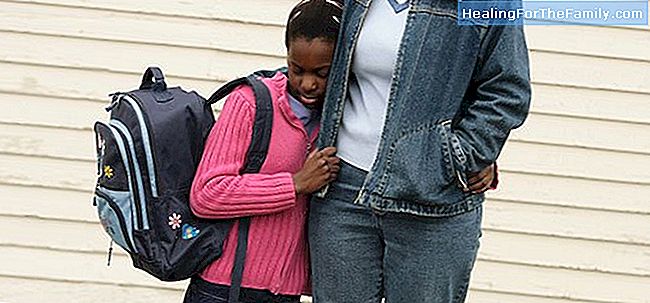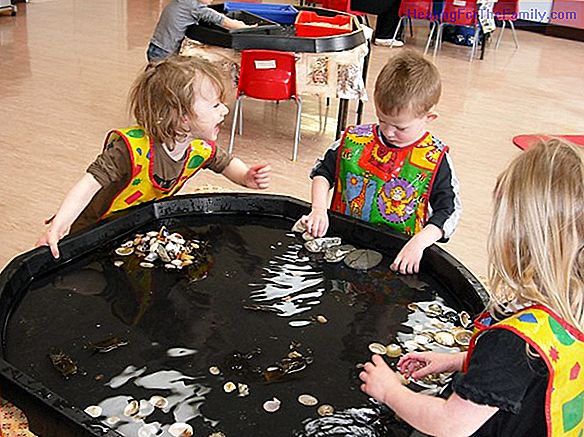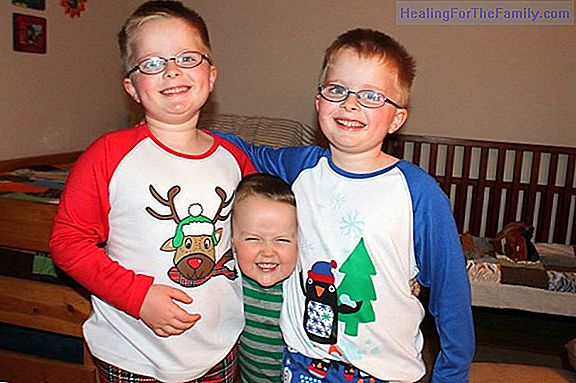When the adopted child has experienced a traumatic event
When a child is adopted, it is because things have not gone well and there is a family that has not been able to take care of him. This fact has to make you think that the origins of the child are not ideals and that it is very likely that he experienced a traumatic event beyond adoption that, in it
When a child is adopted, it is because things have not gone well and there is a family that has not been able to take care of him. This fact has to make you think that the origins of the child are not ideals and that it is very likely that he experienced a traumatic event beyond adoption that, in itself, is a traumatic event.
But apart from the adoption, it is easy for the child to have experienced other traumatic events: bad care, mistreatment, abuse of all kinds, who lived in areas where there have been disasters, wars, who have seen their relatives die. a sudden way, that they have separated him by the strength of his family ... All this leads to a series of losses and injuries that many times the child does not understand and, therefore, does not know how to manage and / or communicate but they manifest themselves in behaviors full of anger, rage, nightmares ... that parents do not understand.
How adoptive parents can help a child who has suffered a trauma

In an adoption, the child is a victim. Being adopted is not a luck, or yes, but within an unfortunate situation. No child likes to be adopted. A child likes to be normal. To have a father and a mother, to live in a house, to be loved ... If they had let him choose, he would have preferred to have been born directly into a family that offered him all that from the beginning. Here are some tips to try to bring this situation as well as possible:
1. Recognize the reality of your child. Assume that it comes from an already difficult situation and accept it without conditions.
2. Remind him continuously that you are there, that you love him,... reinforces the bond and his security in your relationship and in himself.
3. Do not try to know more about the account, do not press him to tell you things or judge them because he will feel attacked and will close in band. The child will share their experiences as they feel comfortable and you should only listen.
4. Seek to normalize your situation: make him understand that there are many children who go through difficult situations, that there are many circumstances and that he has not been to blame for anything that has happened to him.
5. Be patient: learn to observe, to read between lines and to detect needs.
6. Be discreet and do not try to justify. Sometimes, you may feel overwhelmed by the reality of the child and you may have the need to talk about your child's story because he or she is judged very harshly without knowing, but that does not apply to you. It is difficult to be silent before certain comments but it is the intimacy of your son, they are his experiences and, really nobody cares. In any case, he will have to tell it when he considers it.
7. Ask a professional for help to guide you as a father on how to face the reality of the child. Sometimes we think that you have to take the child to see a professional but not always prepared or know what that kind of things are. Many times, through direct parent - therapist work, indirect changes in the child are achieved that are more effective and less abrupt.












